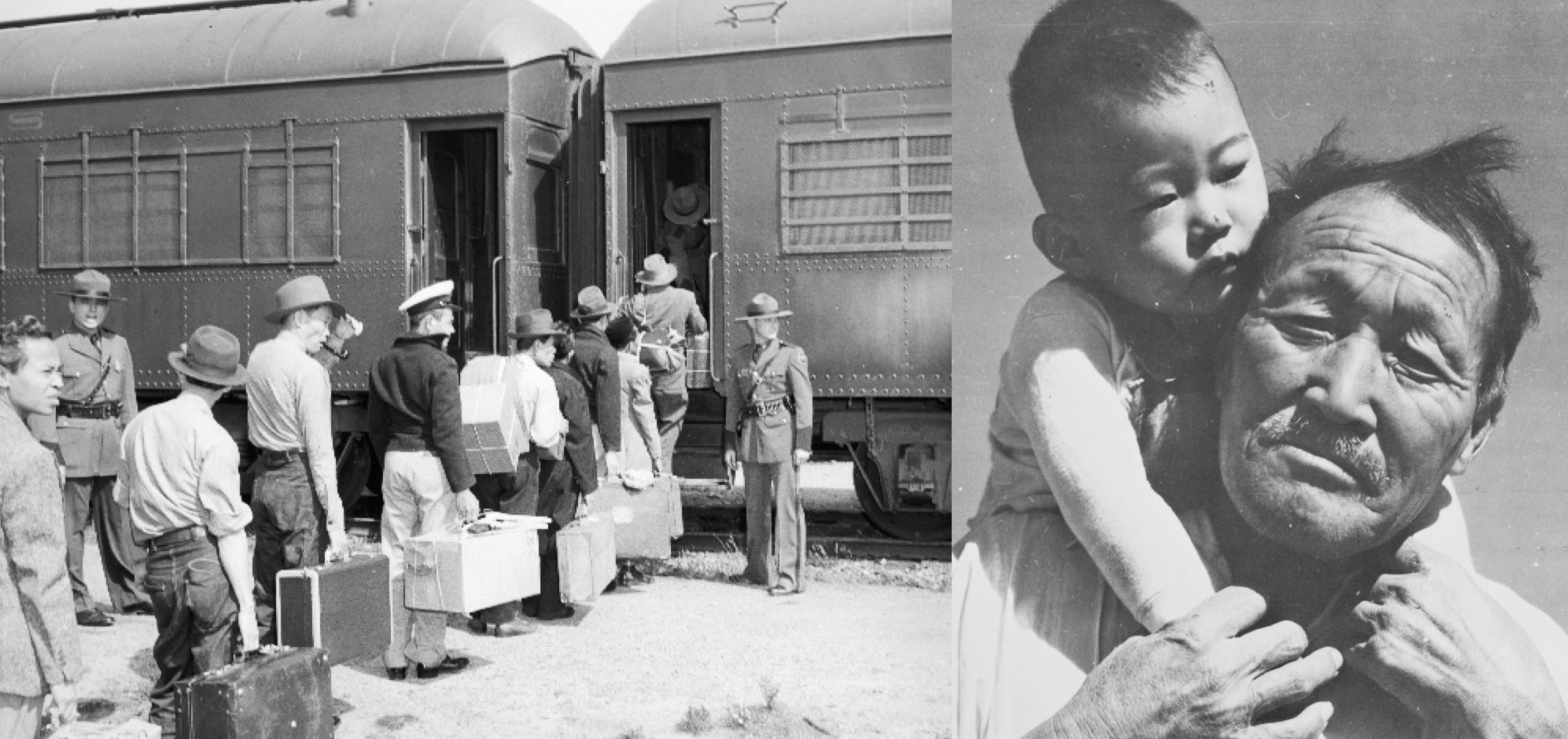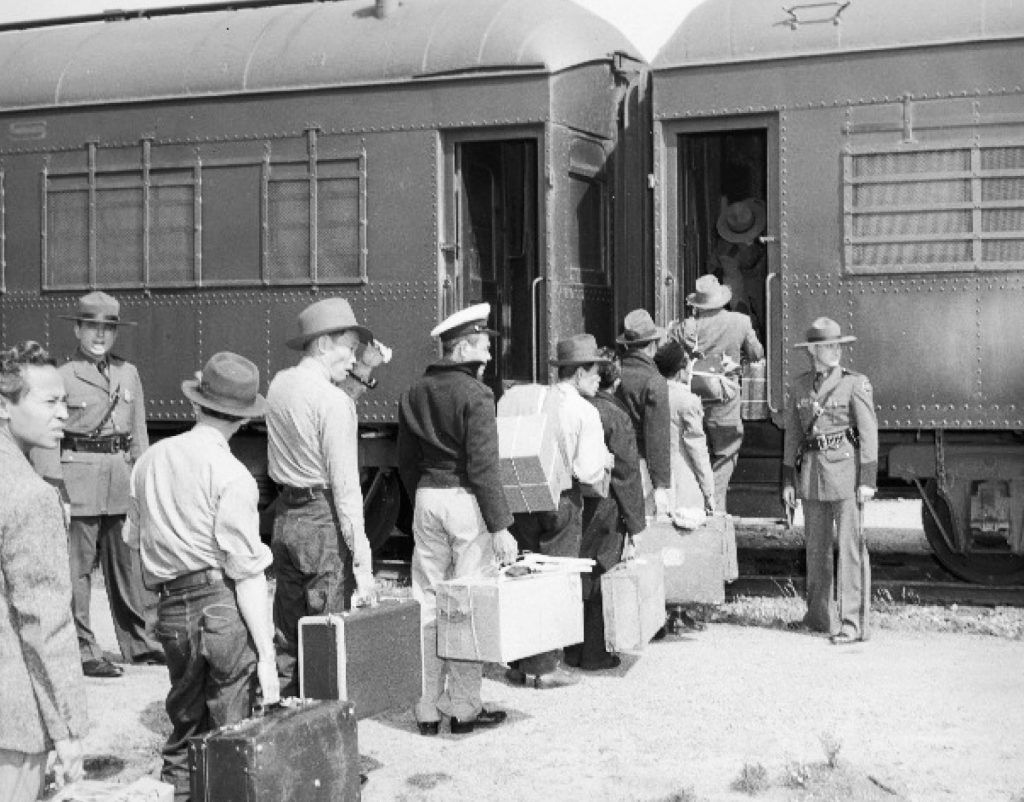Discover the History ofWWII Incarceration
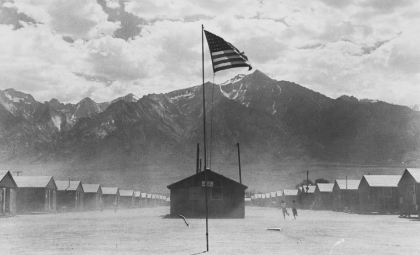
120,000 Japanese Americans were unjustly incarcerated during World War II. Learn about this unprecedented denial of civil liberties and why it still matters today.
Explore Personal Stories
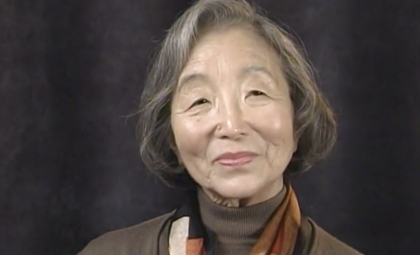
Learn about Japanese American history and the legacy of WWII incarceration by exploring personal stories from those who lived through it.
Promote Equity Today
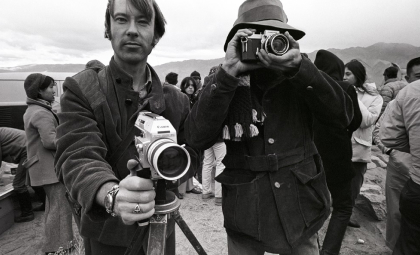
History doesn’t repeat itself, but it often rhymes. Join us in putting the lessons of Japanese American WWII incarceration into action today.
Densho Catalyst: History, Essays, & Opinion
Dive into hidden histories and learn why these stories matter today with the latest essays and opinions from Densho and other community voices.
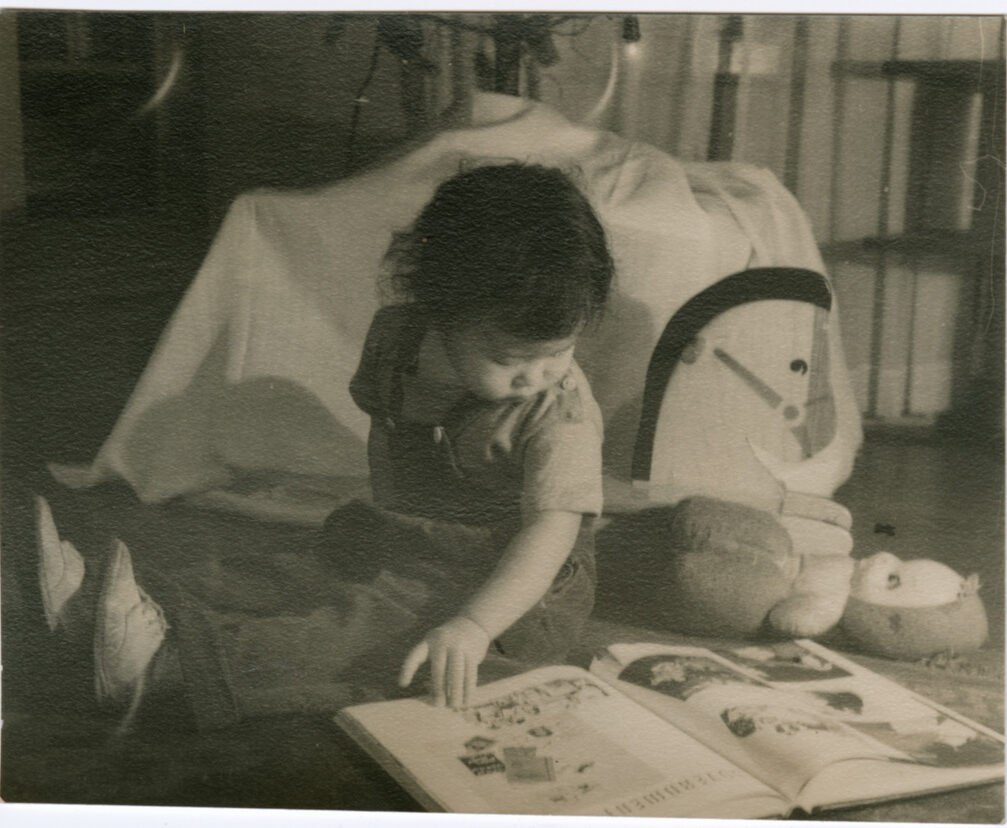
Guidelines for Choosing Children’s Books on Japanese American Incarceration
In this conversation, Densho’s Senior Development and Communications Manager Jen Noji speaks with Brian Niiya, Content Director, and Courtney Wai, Education and Public Programs Manager, about how to thoughtfully select...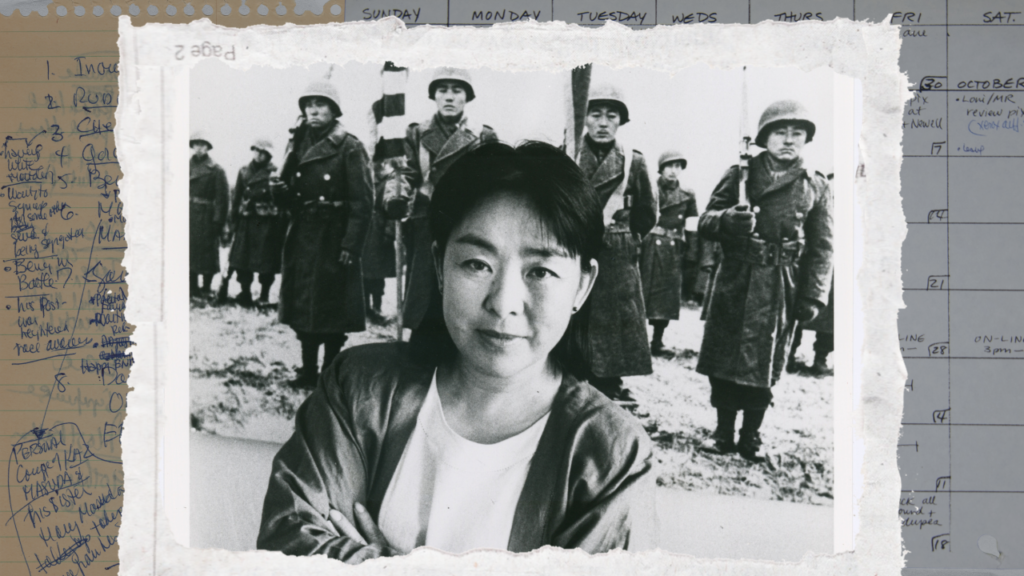
Loni Ding, Godmother of Asian American Documentary Filmmaking
In 2014, Densho received an extensive collection of materials from the family of acclaimed filmmaker Loni Ding. This collection included hundreds of media that were produced by Ding to create...
Japanese American Community Excitement and Opinions about Rachel Maddow’s “Burn Order”
In this collaborative post, Japanese American community members and organizers reflect on the impact, value, and effects of the MS NOW podcast Rachel Maddow Presents: Burn Order. The podcast, released...Stay Informed: Join The Mailing List
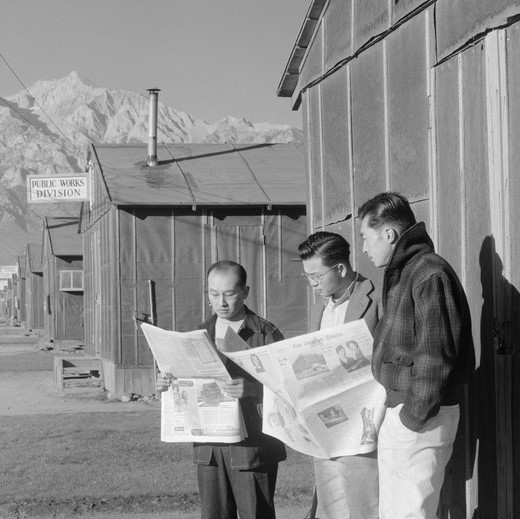

Campu: A Podcast
Campu weaves together the voices of survivors to spin narratives out of the seemingly mundane things that gave shape to the incarceration experience: rocks, fences, food, paper. Follow along as hosts Hana and Noah Maruyama move far beyond the standard Japanese American incarceration 101 and into more intimate and lesser-known corners of this history.
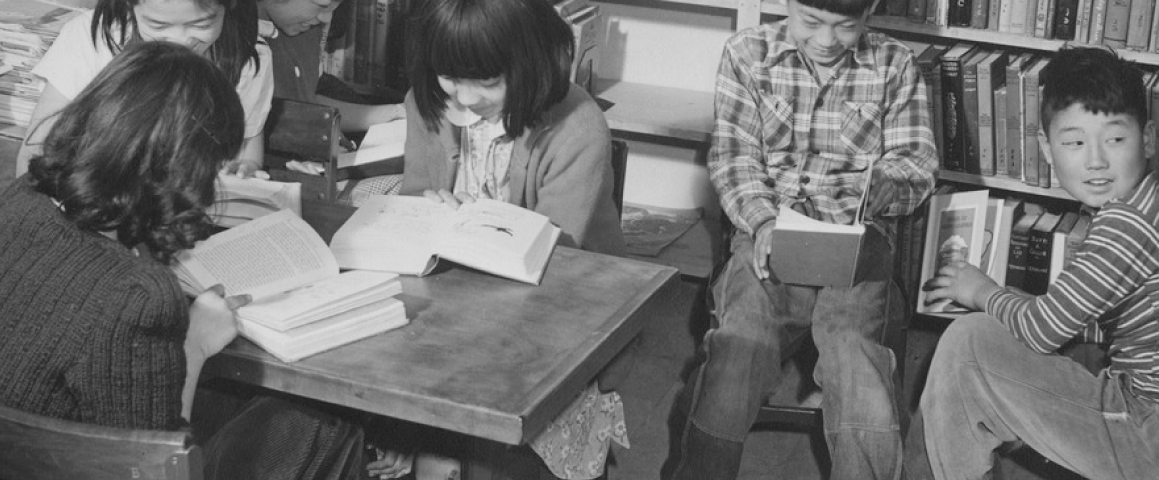
Encyclopedia
Thousands of articles about the history of the Japanese American WWII exclusion and incarceration experience. Here are a few to get you started:
Documentary films/videos on incarceration
The following is an attempt at a comprehensive listing of documentary films/videos that include a significant treatment of Japanese Americans during World War II, broken up into several broad categories.
Scene (magazine)
Japanese American pictorial monthly magazine that ran from 1949 to 1955. Largely produced by and for Nisei, Scene magazine highlighted "successful" Japanese Americans as well as Japanese culture.
Owens Valley (detention facility)
The Owens Valley Reception Center—later the Manzanar Reception Center—was the first of the WCCA -administered short-term detention camps to open when the first "volunteers" from the Los Angeles area arrived on March 21, 1942.
